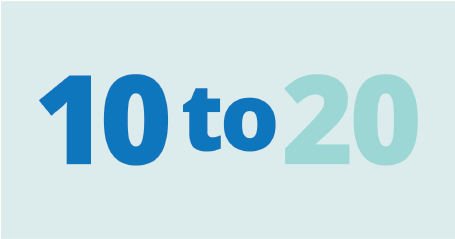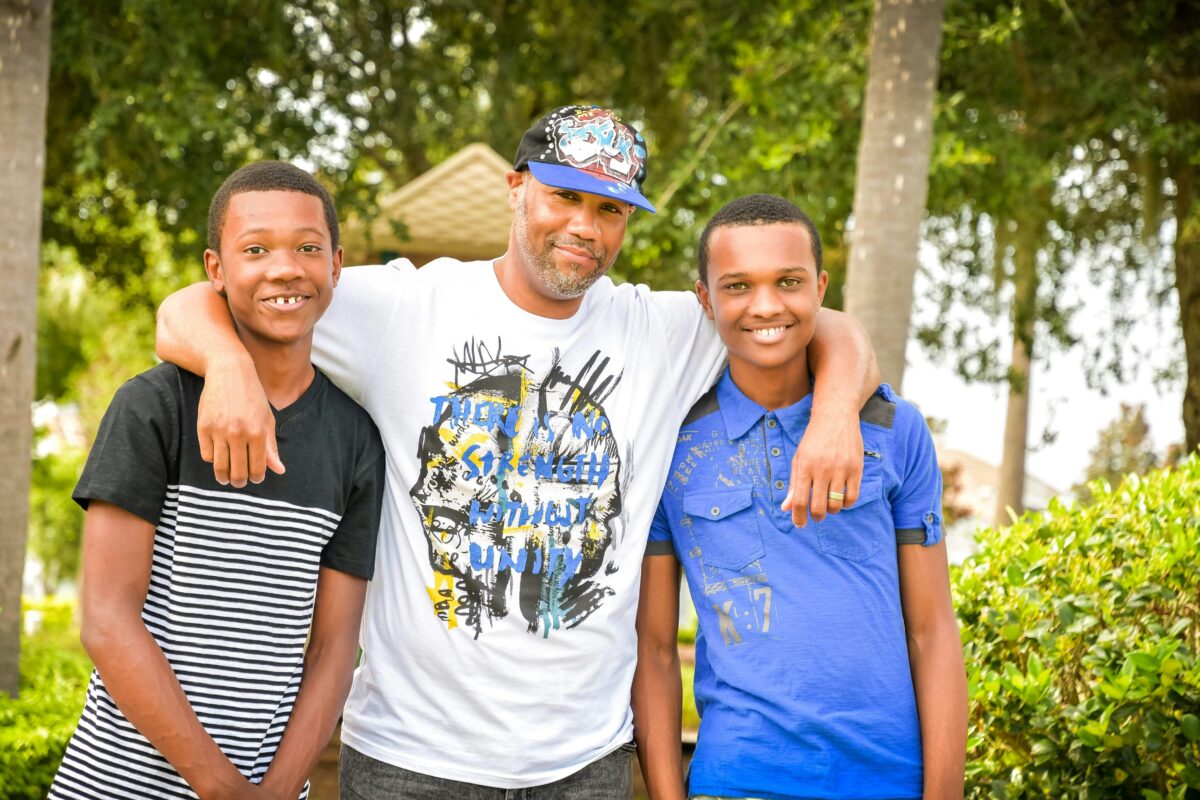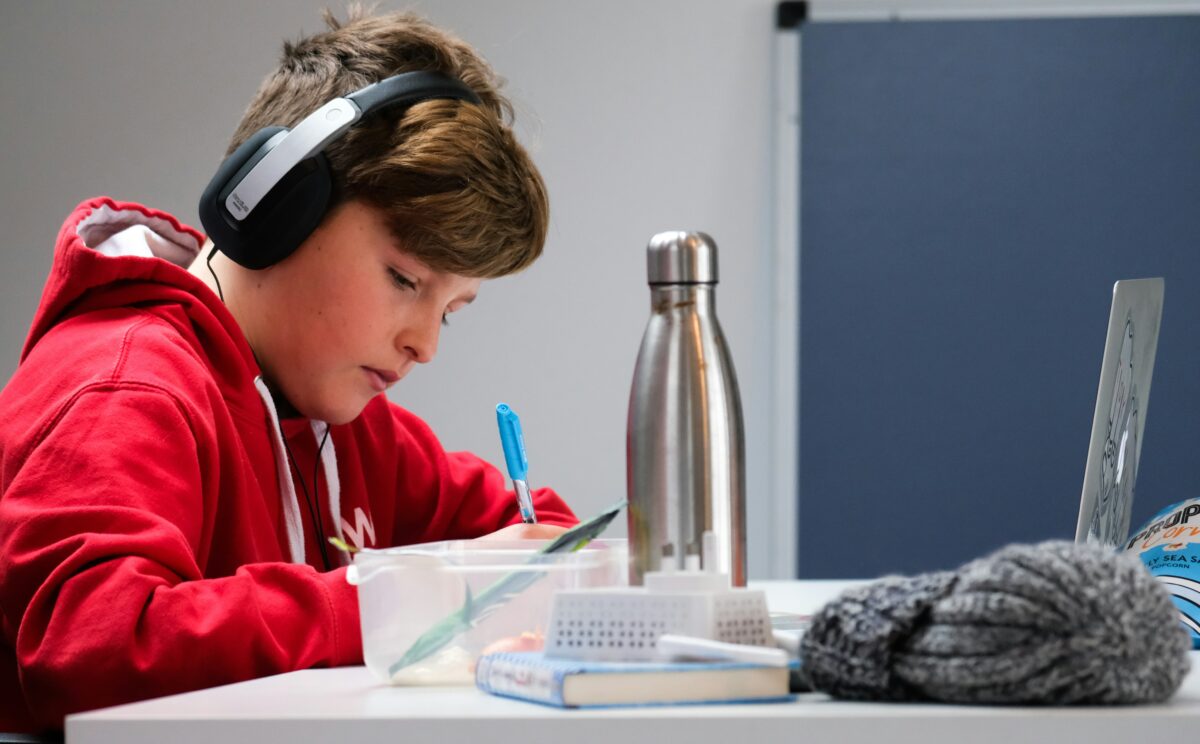According to a 2022 report by Common Sense Media, 54% of teenagers have been exposed to pornography by age 13. Whether they stumble upon it through an internet search gone wrong or are shown it by a friend, it’s likely that your teen will encounter pornography, and that it will leave them feeling curious, confused, or upset.
Understandably, adults are often hesitant to discuss pornography with teens. However, it’s important that we raise this topic so that we can alert teens to the harms associated with viewing pornography and answer any questions they have. In this Untangling Family Life video, Dr. Lisa Damour walks parents and caregivers through the key points of this challenging but valuable conversation.
If you are looking for a resource to share directly with your teenager, consider showing them the Dear Teenagers video, “What You Need to Know About Pornography,” which you can watch here.
More resources




























